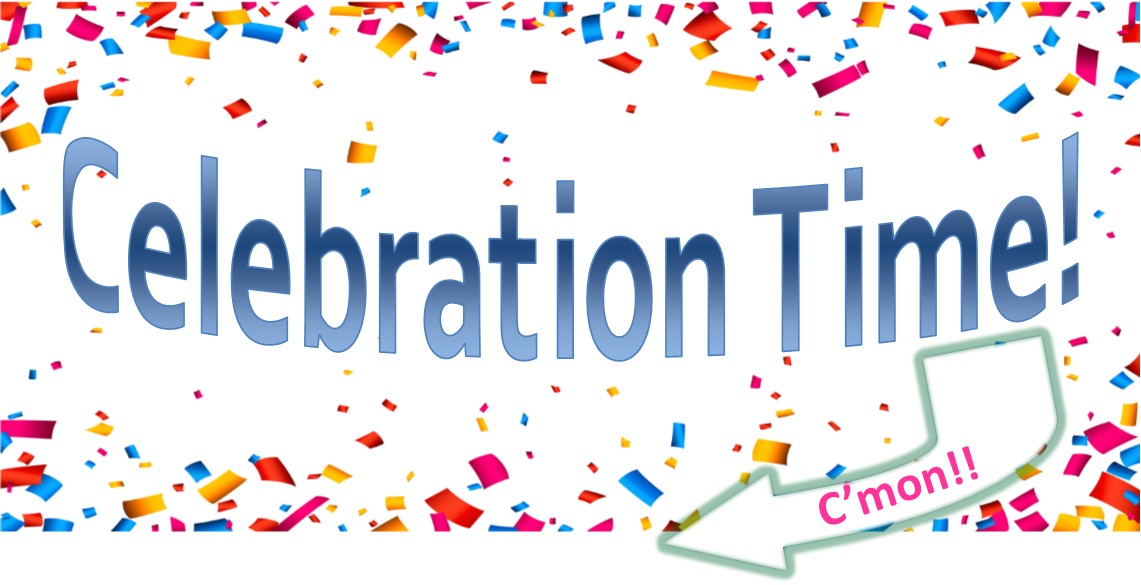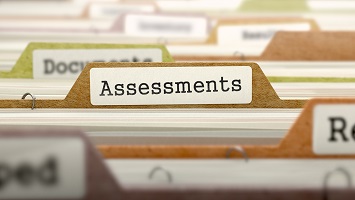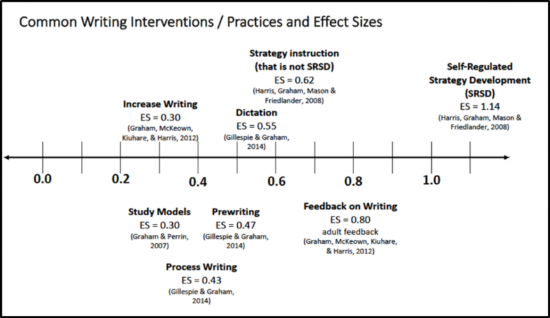As the 2015-2016 school year comes to an end, we at the Lower Hudson Regional Partnership Center want to celebrate the educators of the Lower Hudson Valley — YOU! — and all that you have done to ensure your students’ success this year. Thank you!!
So here are a few stories that you’ve told us about the differences you’ve made in our students lives. Please keep these stories coming so we can continue to publish them in the Reporter throughout the year.
Improved Individual Student Outcomes through Better IEPs~
Many of you who attended trainings on IEP development, educational benefit, individual assessment and goal-setting, progress monitoring and student-directed IEPs shared moving stories about students and families becoming full partners in the educational planning process and the pride they feel in tracking their own progress. For instance, a teacher in the Ossining school district said this about a student:
“At the beginning of the day, I informed the student that I had his annual review meeting later in the day. He asked to join and throughout the meeting he gave valuable input about his academic and behavioral successes and challenges. He was then able to sit with me later in the day and create five solid goals that he feels he needs to work on. It was extremely successful! He now owns his goals and academic success!”
A related service provider in East Ramapo had this to share about parental involvement:
“I have been able to more effectively chair meetings and work with families and the multi-disciplinary team to ensure that all aspects of the student were considered and addressed. Meetings have run so smoothly and parental involvement has increased!”
From a Special Education teacher in White Plains:
“Now that I understand why ELLs are often classified incorrectly, I can advocate for my ELLs at CSE meetings much better. For a recent CSE meeting, I took the time to discover that an ELL student who was reading well below grade expectation had interrupted schooling in her native country and that her parents had delayed registering her for school when she arrived in the US three years ago. She is able to do grade level math when problems are read to her but has responded slowly to reading interventions. With this information, the CSE decided that she is still learning academic language and therefore did not meet eligibility for Special Education services but would benefit from Tier 2 support services. I felt confident that this was the correct decision.”
Higher Student Engagement & Learning with Explicit Instruction~
We hear constantly from teachers who have been able to increase both academic and social emotional outcomes for students with disabilities with explicit direct instruction. Read on for their stories…
High School Teacher in Rye:
“I taught the text coding protocol to some of my students and showed them how to use it as they read documents on their Global History exam. They liked it! They engaged with the text, actively processed the information, and their written responses improved immediately!”
From a Special Education Teacher in Hendrick Hudson:
“I broke down daily goals so they were specific, clear and could be accomplished. Then I used the steps of explicit instruction to support real learning. Now, my students are ready to work in a timely fashion with all of the materials they need at the beginning of class. Homework completion is over 90% now that I check it at the beginning of each class and give them positive feedback. My students want to learn and are proud of themselves as they work each day. They now self-rate at the end of each class on classwork completed, level of focus, and level of participation; they are very honest in their ratings and create verbal plans for how to increase their ratings for the next day!”
From a Teacher in an Approved Private School:
“My lessons are more thought-out and planned, leaving more time for students to grasp and understand concepts. I’ve started stating why students are learning certain things… That it’s not just for the test but for their lives. Students are more engaged and inappropriate behaviors have really decreased!”
From an ENL Teacher in Yonkers
“My co-teacher and I changed the way we plan and implement instruction. Instruction has been differentiated and there has been more time for explicit instruction. As a result, students are more engaged and motivated to work independently. Also, as we see students using the strategies we taught them. can see great increases in reading comprehension and retention.”
Improved Social-Emotional Skills with Positive Proactive Discipline Systems~
We are hearing from teams of administrators, teachers, related service providers and para-professionals that when they build proactive discipline systems using positive behavioral supports, school climate and student outcomes improve. Here are some of their successes….
From the PBIS Team at a Special Act School:
“We’ve seen multiple improvements in the school and the students’ residences. We’ve decreased suspensions, increased attendance, decreased major behavior reports, and have calmer transitions. As a result, students are in class more and are achieving higher grades!”
From a District Administrator at Hastings on Hudson:
“By streamlining our behavior intervention process and language, all the staff are now on the same page. Targeted behaviors have significantly decreased.”
From a Preschool Counselor:
“I make fewer assumptions and look directly at students’ behavior, noting what happens before and after a challenging behavior. I am much better at helping parents understand why a behavior is occurring and it’s much easier to explain to teachers and parents how to decrease & eventually stop unwanted behaviors. Children I work with have reduced inappropriate behaviors and replaced them with appropriate behaviors; as a result, they are participating more actively and appropriately in class!”
Students are Prepared to Make the Most of their Futures~
Ultimately the goal of all educators is to prepare students for their lives as they leave our care. For students with disabilities, where national post-school outcomes are far from positive, the support of educators in preparing them for this transition is critically important. Educators in our region are deeply committed to this work; here are a few of the stories they have shared with us.
From a counselor at Rockland BOCES:
“I began utilizing Career Zone to create profiles with students for transition planning and to create documentation of their progress on CDOS Credential requirements. The documentation/data provided clear direction for students in identifying meaningful post-secondary options.”
From a Special Education Teacher in Tarrytown:
“Since learning about the CDOS Commencement Credential requirements I completed career plans with my students (grades 9-12) to track their experiences and interests. My students have identified their goals and the steps needed to achieve them.”
From a District Administrator in Mount Vernon:
“We have set higher targets for ACCES-VR registration and now have an ACCES-VR public service announcement running to better communicate the resource to the community. We have also developed more external supports for student job placement. As a result, students have a wider variety of job placement opportunities and are better informed about possibilities and the skills needed in each.”
These are just a few of your stories. They reflect a small portion of the many great practices and systems that educators in the Lower Hudson are implementing to improve outcomes for students with disabilities. We are in awe, and feel privileged to be able to support you in your work.
Thank you!




 Data-Driven Decision-Making
Data-Driven Decision-Making  Increasing Post-School Success through Interagency Collaboration
Increasing Post-School Success through Interagency Collaboration  How Can We Improve Deeper Learning for Students with Disabilities?
How Can We Improve Deeper Learning for Students with Disabilities?  Positive Classroom Management: Creating an Environment for Learning
Positive Classroom Management: Creating an Environment for Learning  Self-Determination Skills Empower Students of All Ages
Self-Determination Skills Empower Students of All Ages  Fidelity of Implementation: What is it and Why does it Matter?
Fidelity of Implementation: What is it and Why does it Matter?  Rethinking Classroom Assessment
Rethinking Classroom Assessment  A Three-Step Approach to Identifying Developmentally Appropriate Practices
A Three-Step Approach to Identifying Developmentally Appropriate Practices  Transforming Evidence-Based Practices into Usable Innovations: A Case Study with SRSD
Transforming Evidence-Based Practices into Usable Innovations: A Case Study with SRSD